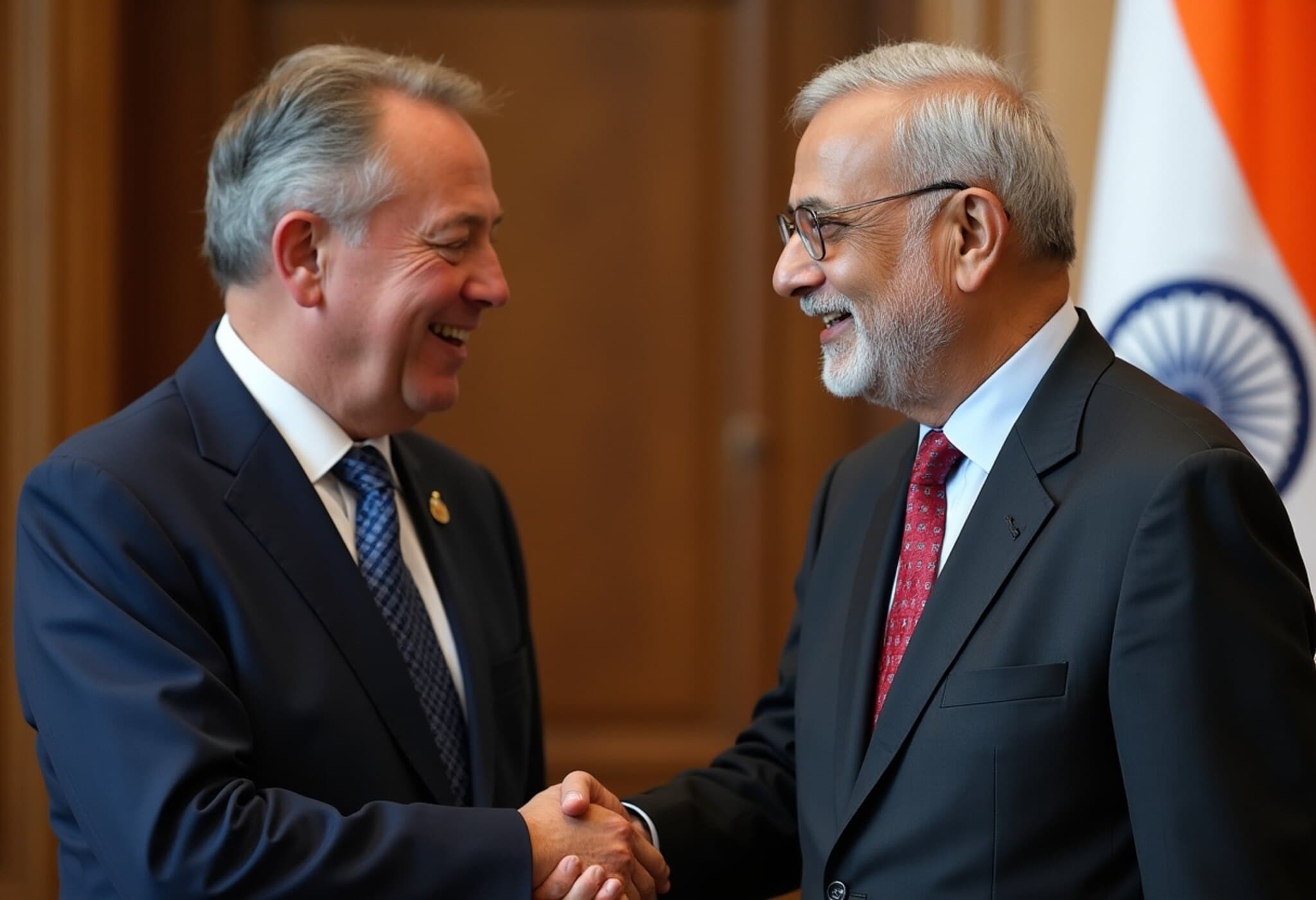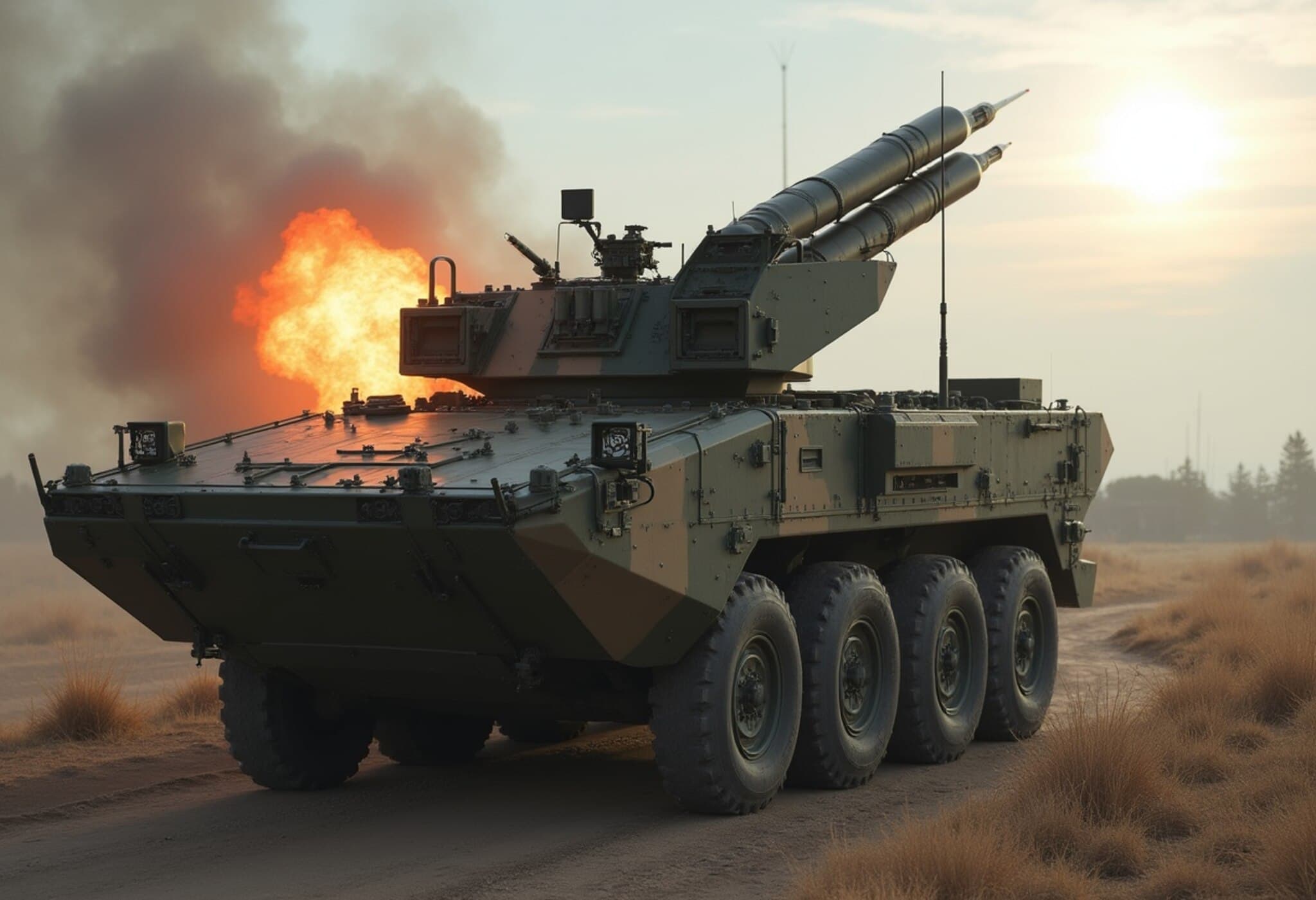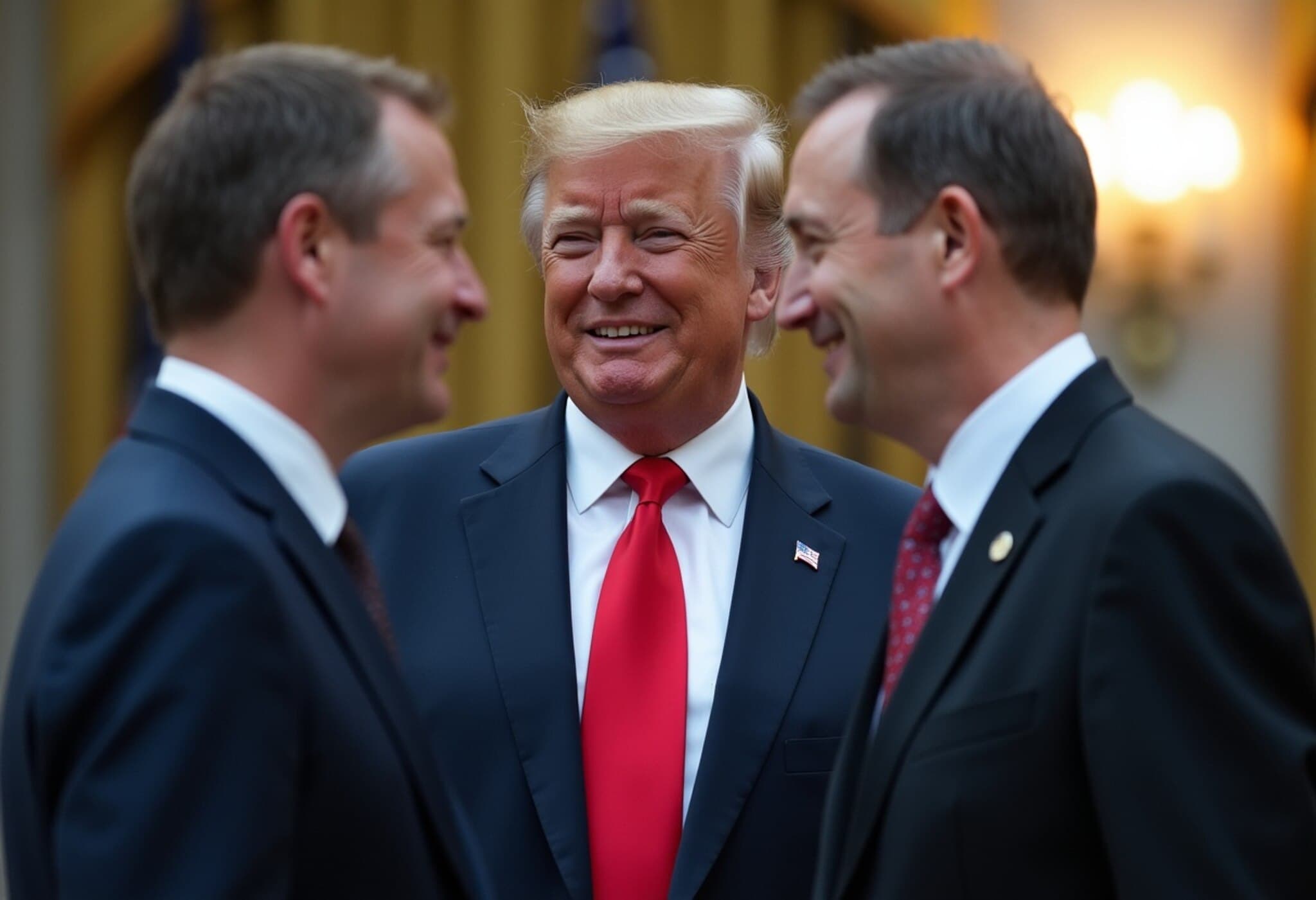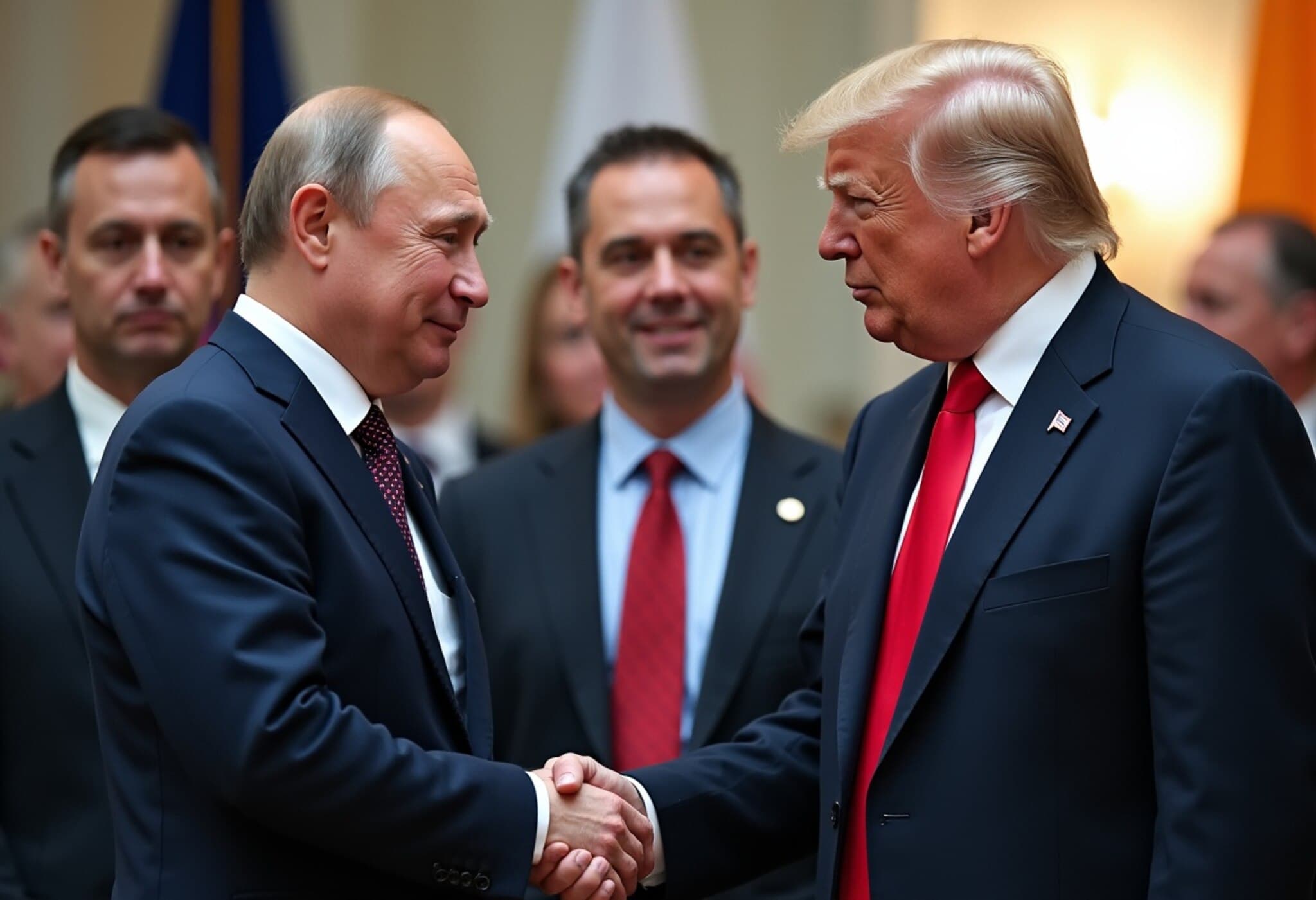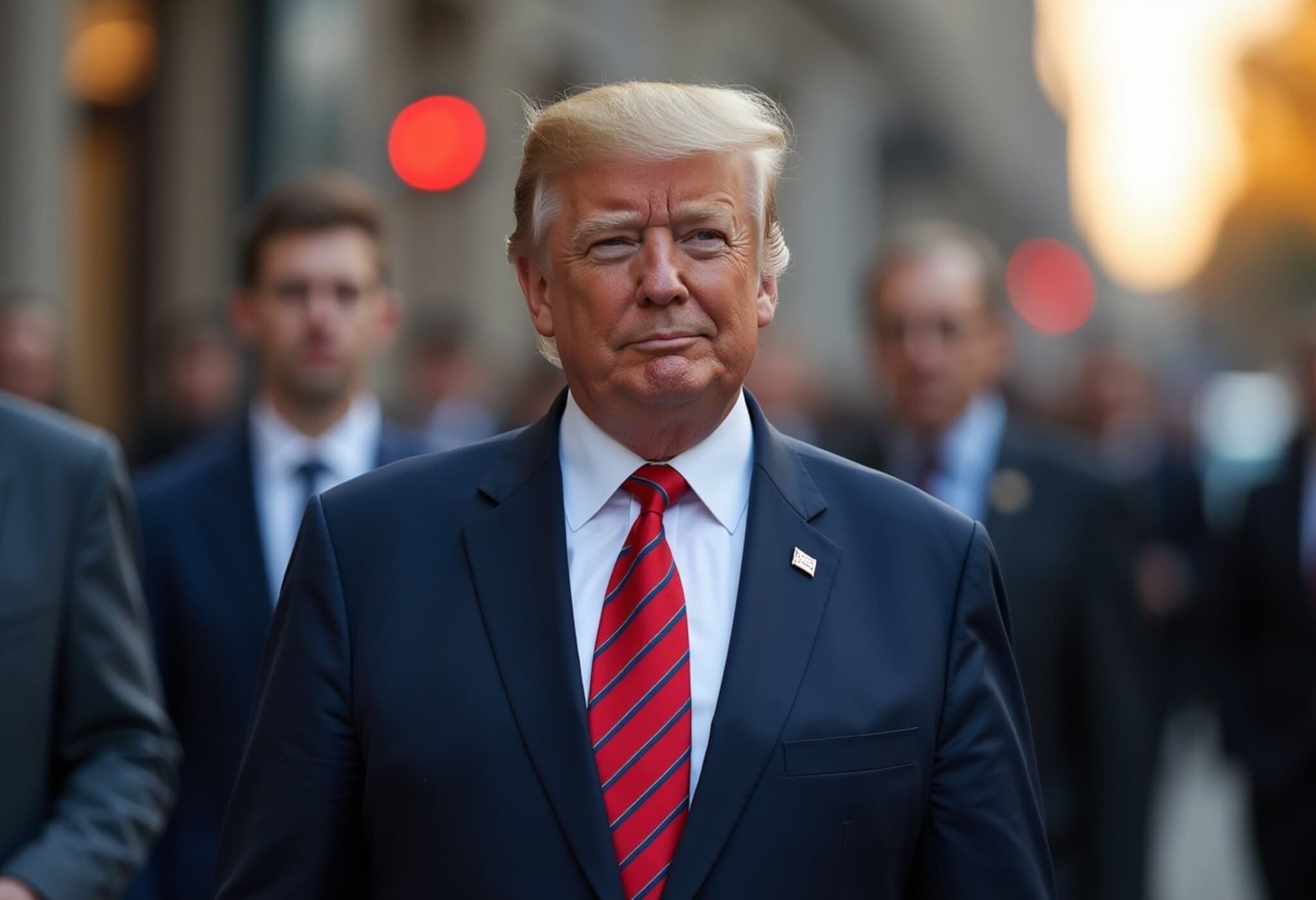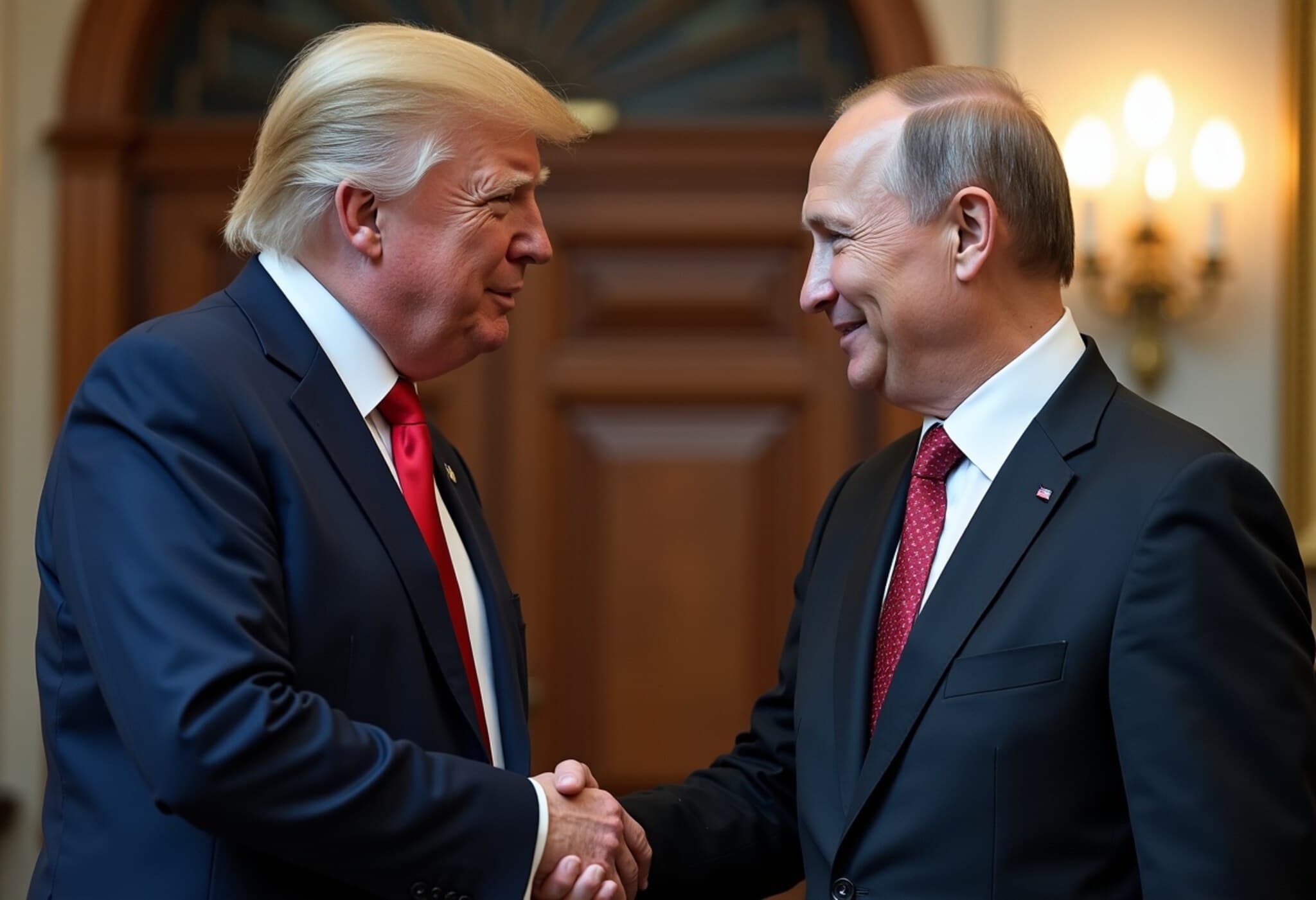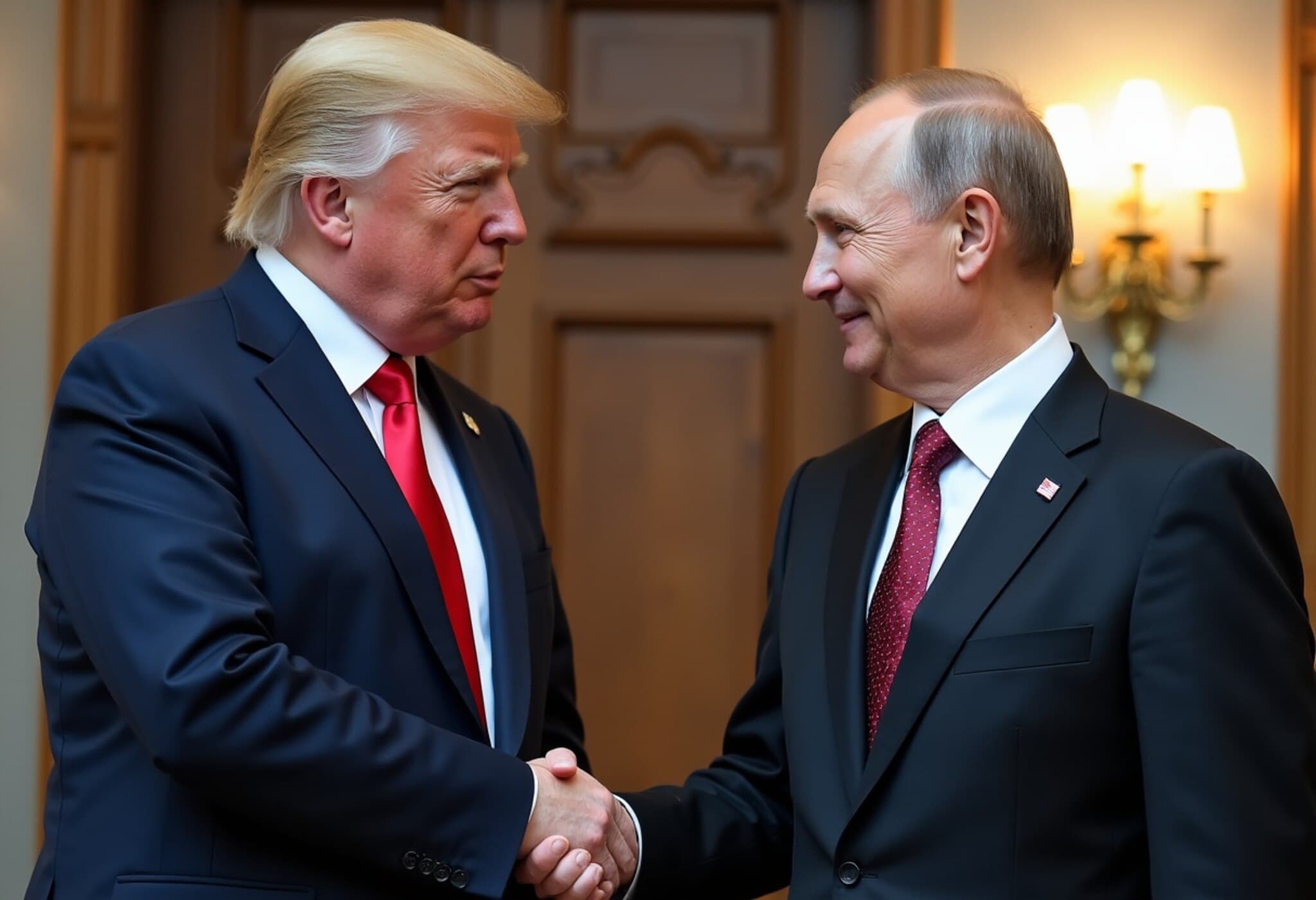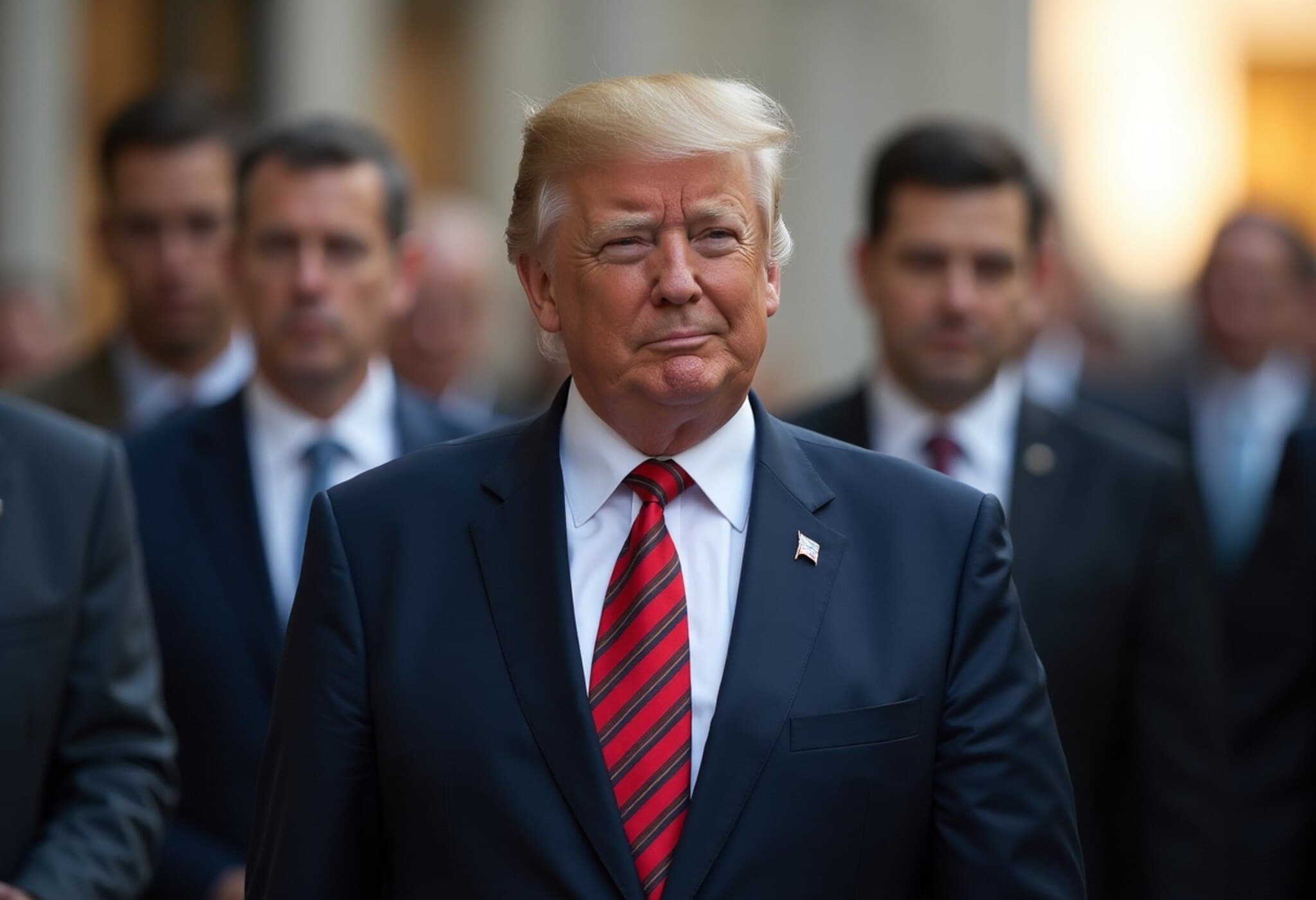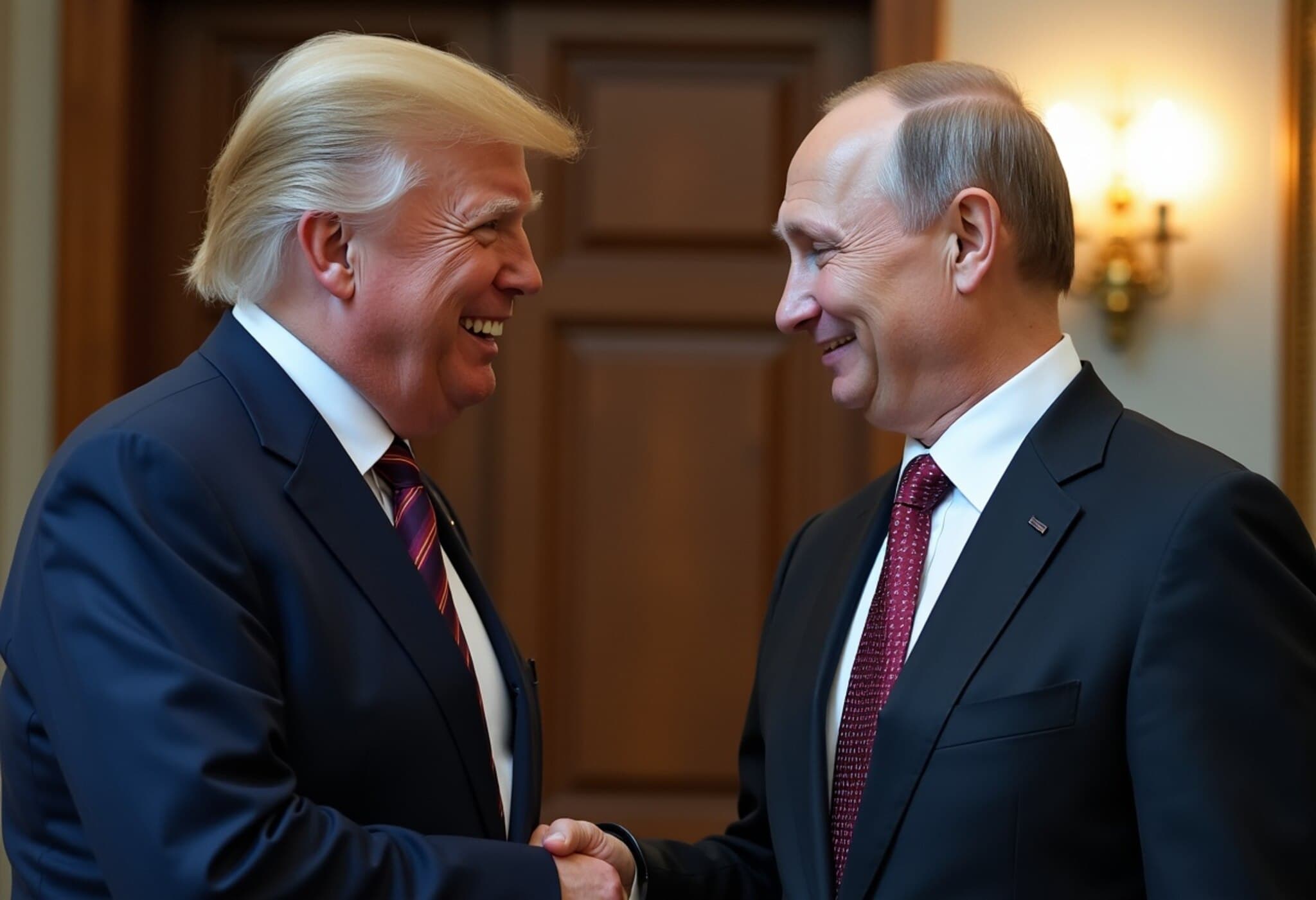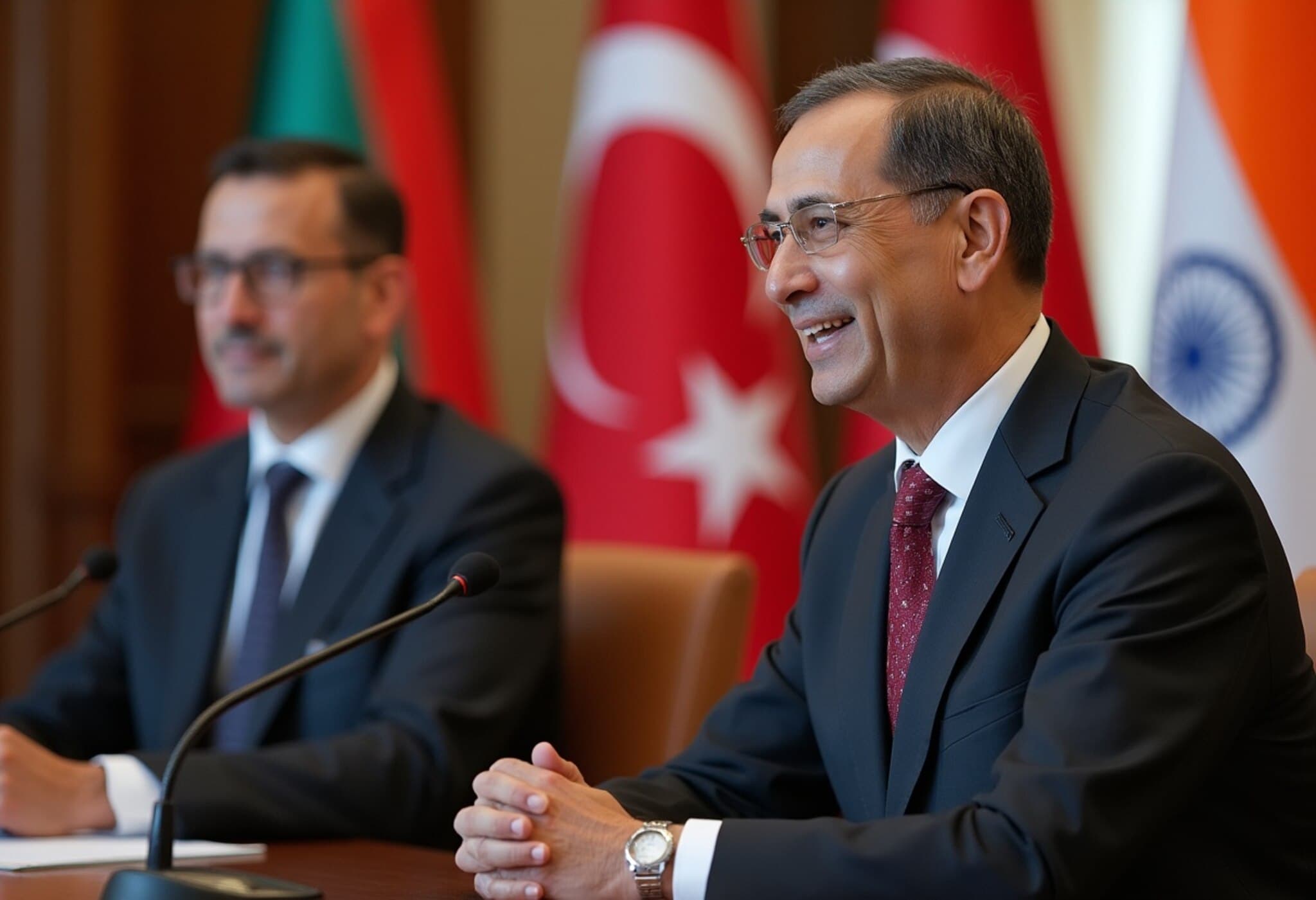India's Energy Security and US Relations Take Center Stage in High-Level Talks
On August 10, 2025, India’s Ambassador to the United States, Vinay Mohan Kwatra, engaged in a significant discussion with US Senator Lindsey Graham, focusing on India’s energy security priorities and expanding energy trade between the two nations. This dialogue underscores the deepening partnership amid a complex global geopolitical landscape.
Energy Security at the Forefront
During their conversation, Ambassador Kwatra elaborated on New Delhi’s strategic approach toward securing sustainable energy sources, emphasizing the crucial role of enhanced cooperation with the United States. The exchange reflects India’s commitment to diversifying its energy portfolio, reducing dependency on traditional suppliers, and leveraging new trade avenues with global partners.
In a social media post, Kwatra stated: “Spoke to Senator @LindseyGrahamSC and shared with him the Indian perspective on our energy security including increasing energy trade with the United States.” This succinct message highlights the increasing bilateral momentum in energy diplomacy.
US Calls on India to Influence Peace Efforts in Ukraine
The dialogue follows shortly after Senator Graham publicly urged India to leverage its diplomatic relations to facilitate an end to the ongoing conflict in Ukraine. Speaking out last week, Graham described India’s role as potentially "consequential" in improving Washington-Delhi relations by helping to end the war, particularly noting India’s position as the world’s second-largest buyer of Russian oil.
Graham’s position is informed by the fact that India continues to purchase substantial volumes of discounted Russian oil, a practice criticized in the West for financially enabling Russia’s military operations. His direct appeal to Prime Minister Narendra Modi came amid Modi’s recent phone call with President Vladimir Putin, marking a delicate balancing act in India’s foreign policy.
Modi and Putin Discuss Ukraine, India Extends Diplomatic Engagement
Prime Minister Modi described his conversation with Putin as “very good and detailed,” where the Russian President updated him on the latest developments in Ukraine. The Kremlin subsequently emphasized the “special privileged partnership” between Russia and India during this exchange, highlighting ongoing strategic ties despite international tensions.
India reiterated its commitment to resolving the Ukraine conflict through political and diplomatic channels. Modi has also extended an invitation to Putin for the upcoming 23rd India-Russia Annual Summit, signaling continued engagement with Moscow.
US Tariffs and the Economic Implications
Senator Graham has been a vocal supporter of the Trump administration’s tough stance on countries purchasing Russian oil, including India. The US has imposed a significant tariff regime — a combined 50% penalty — aimed at curbing what officials term “war profiteering.” This includes a 25% baseline tariff plus an additional 25% penalty rebate linked explicitly to the Russian oil trade.
These sanctions place India in a challenging position, balancing its energy demands and geopolitical interests amid pressure from Western powers. The dialogue with Senator Graham may also serve as a platform for India to voice how such economic measures affect its broader energy security strategy.
Context and Expert Insights
India’s energy demands have surged as its economy grows, making energy security a vital concern intertwined with foreign policy. As the world grapples with the fallout from Russia’s invasion of Ukraine, India’s dual engagement with Washington and Moscow reflects a nuanced diplomatic calculus often described as “strategic autonomy.”
Experts note that expanded energy trade between India and the US aligns with global efforts to build resilient and diversified energy supply chains. However, the geopolitical tension surrounding Russian oil complicates these dynamics, pressuring India to navigate carefully between economic imperatives and diplomatic expectations.
Furthermore, the Biden and Trump administrations have taken differing tones towards India’s oil purchases from Russia, adding layers to an already complex bilateral relationship. Senator Graham’s remarks signal a more hardline congressional stance that may influence future US policy.
Looking Ahead: Opportunities and Challenges
- Strengthening US-India Energy Cooperation: There is potential for accelerated collaboration in clean energy, liquefied natural gas (LNG), and technology exchanges.
- Diplomatic Balancing Act: India’s continued engagement with Russia, despite Western sanctions, raises questions about the limits of its strategic autonomy.
- Geopolitical Implications: How India chooses to leverage its influence on the Ukraine conflict could redefine its global standing and partnerships.
- Economic Impact: US tariffs targeting India’s trade with Russia might incentivize policy shifts or diversification in energy sourcing.
Editor’s Note
Ambassador Kwatra’s dialogue with Senator Lindsey Graham encapsulates the intricate dance India performs on the global stage—balancing energy needs, diplomatic relations, and geopolitical pressures. While expanding energy trade with the US signals closer ties, the shadow of the Ukraine war and associated sanctions persistently shapes this narrative. Readers are encouraged to consider:
- How will India navigate its strategic autonomy without alienating key global partners?
- What role can India realistically play in mediating the Ukraine conflict?
- How might evolving US policies influence India’s energy procurement and broader foreign policy?
Understanding these layers offers critical insight into the future trajectory of Indo-US relations amid one of the most turbulent energy and security environments seen in recent history.

